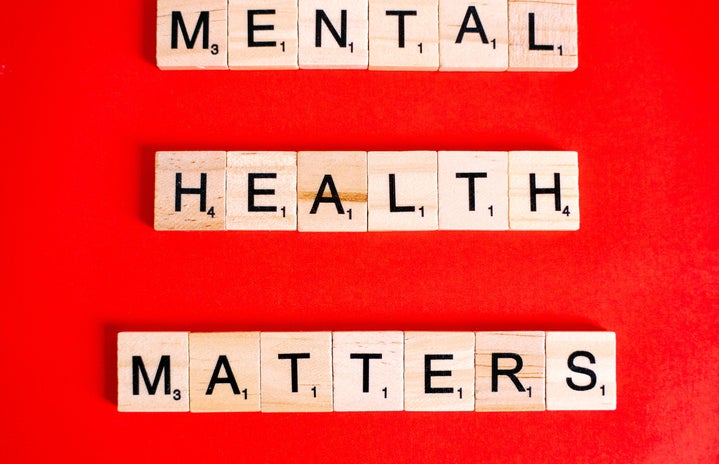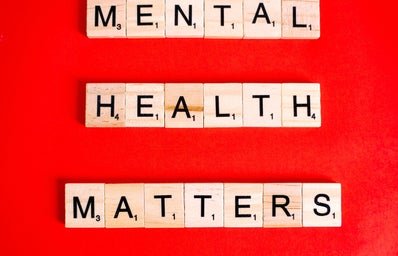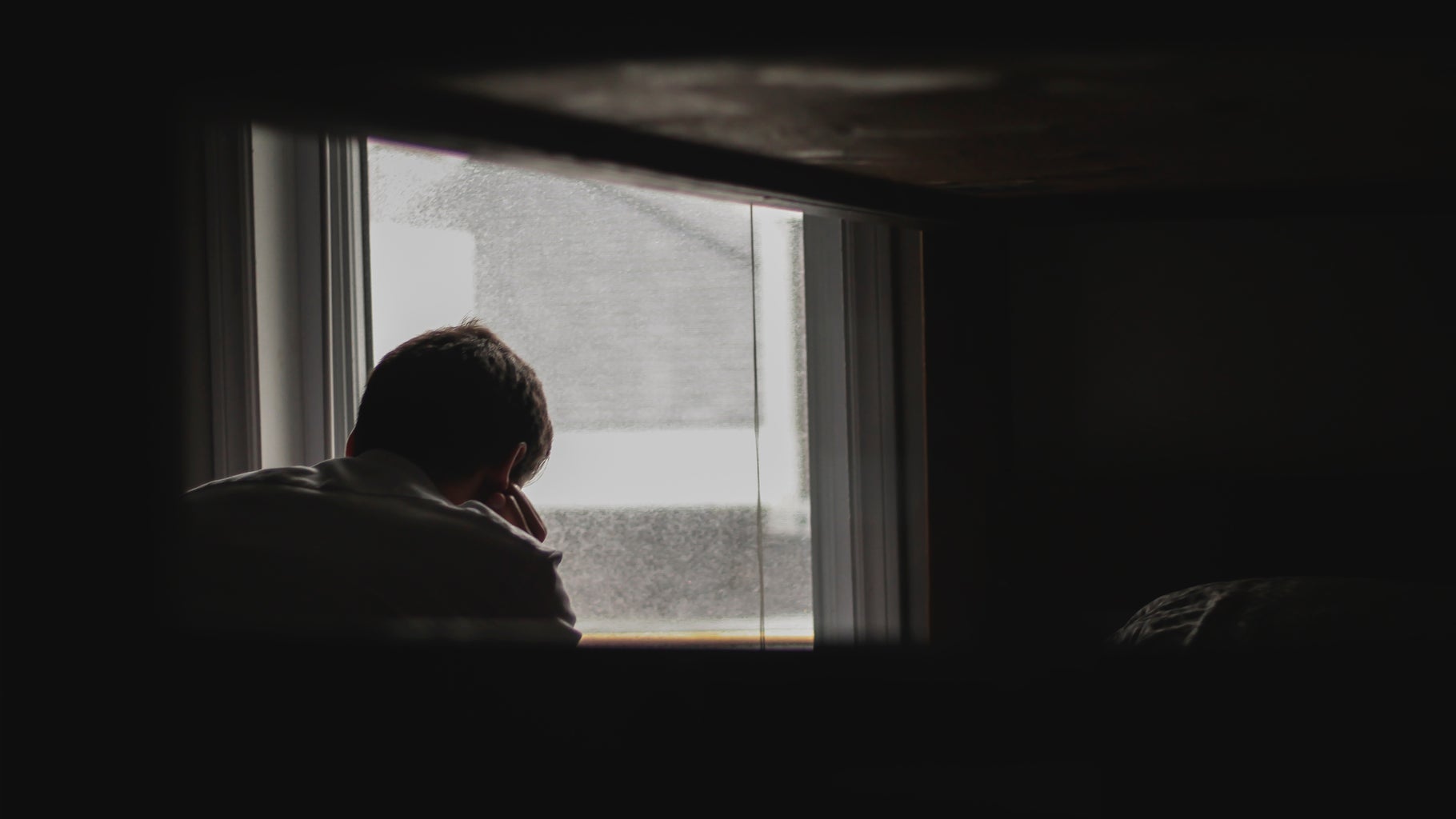a DISCUSSION ON mental HEALTH stigma
There’s been a lot of comments made, as of late, concerning Gen Z being hyper-sensitive and how everyone is suddenly depressed. It always a frustrating conversation to be had, as many Gen Zers have had to explain, that mental illness has long been an issue. Though it seems to be an issue that shouldn’t be argued over, it often is a reoccurring topic in online spaces. These online discourses and discussions reflect a very real and prevalent negative attitude towards those with mental health disorders. As someone who has received a mental health disorder diagnosis in the past year, this conversation has been running rampant in my mind as I try to navigate the world with the “burden” of this diagnosis. And I have some thoughts.
The biggest thing that I would consider in this conversation is why is it a bad thing to have such disorders or disabilities. Other than the trouble it causes for those with the disability, it doesn’t affect those who are not at-least related to the individual. So why do strangers care?
Well, they care because we live in a culture that carries pride in strength, in all facets. Only the strongest are the most successful, the smartest, the leaders in our world. If you are weak, in any way, you are seen as the outlier to this expectation. And, to others, if we start accepting those who are lesser, that legitimacy of having that pride gets questioned. Consequently, everyone who succeeds in meeting this standard starts to question their own reality and their worth. If the culture you’ve so blindly accepted gets questioned, you start to question yourself. But that isn’t disabled people’s problem. They are not responsible for protecting your reality by denying their own.
And sorry not sorry, a part of this, if not the whole reason for this, comes from capitalism and the toxic work culture we have ingrained into our culture. A huge part of our society is built off of maximizing productivity. You can’t work 40 hours a week if you’re mentally not equipped to. But we have been taught and encouraged to leave problems at home and to perform no matter what. And this applies to not just work, but all areas of life. When you have an illness or disorder that doesn’t allow that, you are shamed. You should be strong enough to push forward. It’s just negativity. It’s just laziness. It’s all these other things than what it is, an illness. One that should be sympathized with just like any other.
I think the part of mental health stigma that I personally struggle with the most is that people assume you’re just a bad person or a person not worthy of love and care because your brain is different. It’s easy to sympathize with those who, for example, have a physical illness because you see it as outside of them. However, when the illness is mental, it is seen as apart of ones character. Often, that automatically means they’re dangerous or crazy. A contributor to this is the portrayal of mental illness in media. Often those with mental illness in media are also criminals, villains, the general antagonist. As a result, people see everyday people with those same or similar illness as the same: criminals.
I find, in addition to this, that as new age beliefs has picked up in popularity, the idea of being perfectly healed is heavily promoted as one of the only ways to be worthy of love. You should be spending your time healing so people will love you, otherwise, mistreatment is to be expected. Though it’s an attitude that’s has always existed, it has become more apparent with this phenomenon. Prior to my diagnosis, I internalized this idea greatly and I felt that my illness meant that something was so wrong with me, I couldn’t be loved. Unless I was healed (which really is an unrealistic idealization of being “fixed” and perfect), I didn’t deserve love. It caused me to spiral.
In the first few months after I was diagnosed with major depressive disorder, I often didn’t tell people specifically why I was in the hospital for almost 2 weeks, why I have to take medication everyday, why I have to take long lunches at work every 2 weeks for doctors appointments. I always said I just have some vague health issue. I didn’t want people to question my ability as person and my worthiness of respect. I shouldn’t have to hide such a big part of my life out of fear. Yet, here I am. Wherein lies many people with the same issue.
Before judging someone with a mental illness, think, how will my attitudes impact them? On the other side of your judgment, is a person wanting to be understood.



